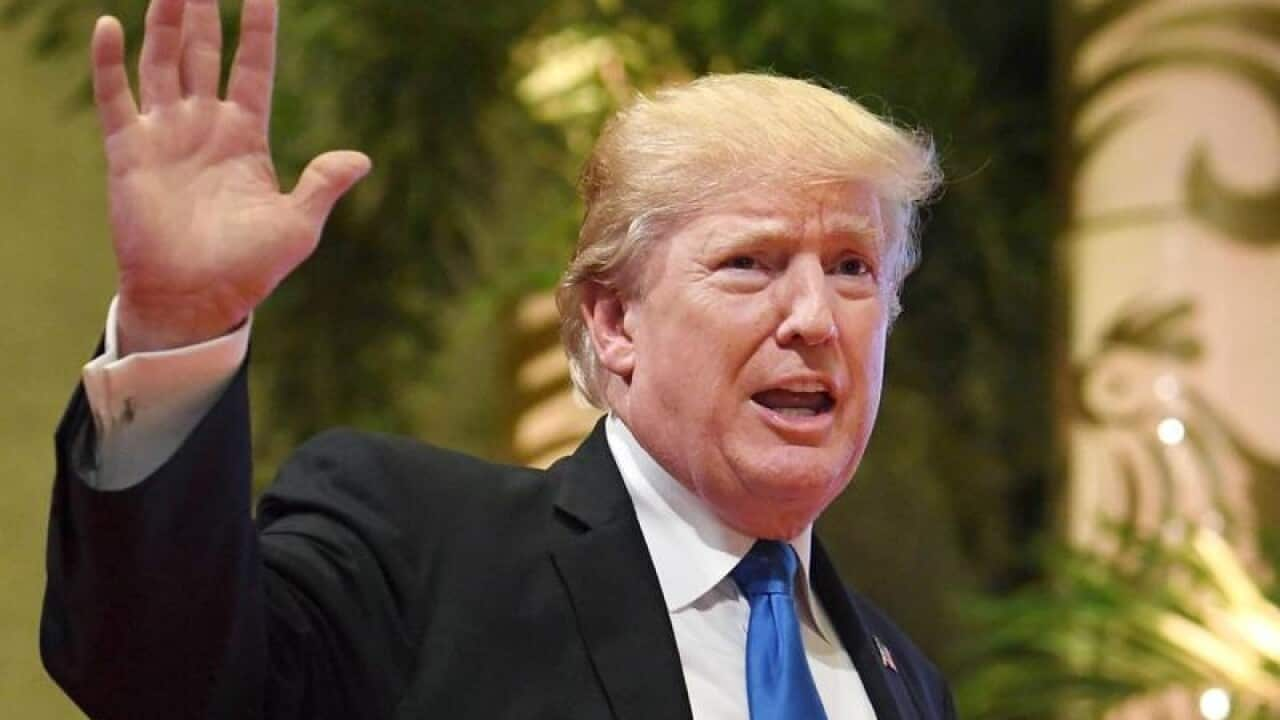Senator Chris Murphy made a damning assessment of US President Donald Trump on Tuesday as Congress discussed if the country's leader should have the authority to launch a nuclear attack.
Mr Trump has recently been taunting North Korea and vowed to unleash "fire and fury like the world has never seen" on the rogue nation if its nuclear armament program was not pulled back.
While the hearing was not about Mr Trump specifically, Connecticut Democrat Chris Murphy appeared to refer to the 45th president as "unstable" and "volatile" when discussing concerns over his ability to launch a missile attack.
"We are concerned that the president is so unstable, is so volatile, has a decision-making process that is so quixotic that he might order a nuclear weapons strike that is wildly out of step with US national-security interests," Mr Murphy said in Congress.
"Let's just recognise the exceptional nature of this moment."
Senate Foreign Relations Committee Chairman Bob Corker said the examination was about the structure that allows presidents to make critical decisions.
"Making the decision to go to war of any sort is a heavy responsibility for our nation’s elected leaders," Senator Corker said.
"And the decision to use nuclear weapons is the most consequential of all."
The topic on the US president's authority to launch a nuclear missile has not been discussed in nearly four decades since a four-day hearing.
Mr Corker has broken publicly with Trump, warning last month that the president was setting the nation "on the path to World War III" with his statements about North Korea and verbal jousting with Kim.
Robert Kehler, who headed US Strategic Command from 2011 to 2013, referred to a basic military precept: "The military is obligated to follow legal orders, but is not obligated to follow illegal orders."
So, what constitutes a legal order? Kehler, a retired US Air Force general, said the military principles of "necessity" and "proportionality" also apply to decisions about nuclear weapons.
But when asked what he would do if he determined that a presidential nuclear order was illegal, Kehler hesitated about such a hypothetical.
"I don't know exactly," he responded. "The human factor kicks in."
In such a situation, said Bryan McKeon, a former undersecretary of defense under Barack Obama, the president could replace the commander in question, or even the secretary of defense.
"But you'd have a real constitutional crisis on your hands," McKeon said.
The discomfort among some Republican senators was visible.
- With AFP



